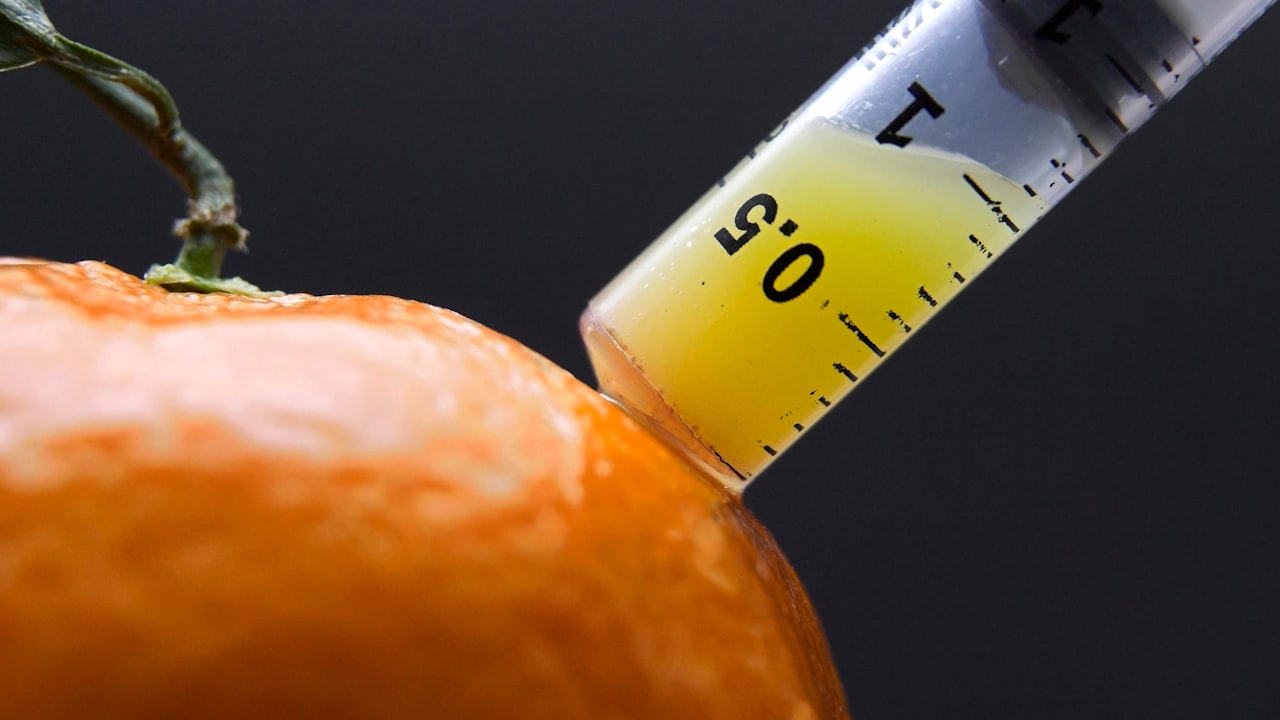Title: “The Impact of Injection Molds on Product Quality and Cost Efficiency”
Injection molds play a crucial role in the manufacturing industry, especially in the production of plastic components. Choosing the right injection mold factory and supplier can significantly impact product quality and cost efficiency.
Injection mold factories are responsible for creating the molds used in the injection molding process. These molds are custom-designed to produce specific parts with precision and accuracy. A reputable injection mold factory utilizes advanced technology and engineering expertise to create molds that meet the exact specifications of their clients.
When selecting an injection mold supplier, it is essential to consider various factors, such as experience, quality control measures, and production capabilities. Working with a reliable supplier ensures that the molds produced are of high quality and meet industry standards. This, in turn, directly affects the quality of the final product.
Quality molds are essential for achieving consistent and high-quality parts in injection molding. Molds that are poorly designed or manufactured can result in defects, such as warping, flashing, or sink marks, in the final product. These defects not only affect the aesthetic appeal of the product but also its functionality and performance.
In addition to product quality, the cost efficiency of the injection molding process is also influenced by the choice of injection mold factory and supplier. A reputable supplier will work closely with the client to optimize the design of the mold for efficiency and cost-effectiveness. This includes reducing cycle times, minimizing material waste, and maximizing production output.
Furthermore, by investing in high-quality molds from a trusted supplier, manufacturers can prolong the lifespan of the molds, leading to long-term cost savings. Quality molds are more durable and require less maintenance, reducing downtime and production interruptions.
In conclusion, the selection of an injection mold factory and supplier is critical for achieving both product quality and cost efficiency in the injection molding process. By partnering with reputable and experienced suppliers, manufacturers can ensure that their molds are of the highest quality, leading to superior products and increased profitability.

 Title: “The Advantages and Applications of Injection Molds in Manufacturing Processes”
Title: “The Advantages and Applications of Injection Molds in Manufacturing Processes”